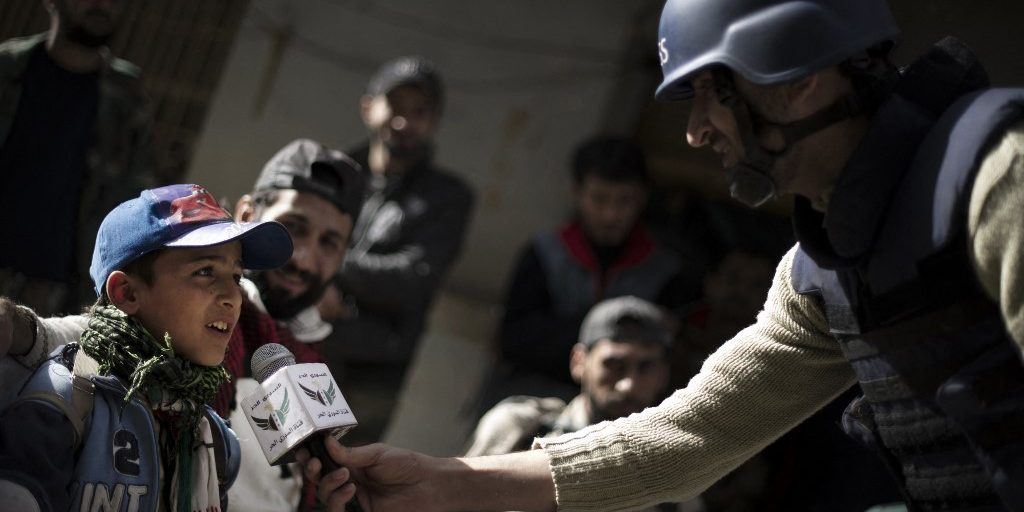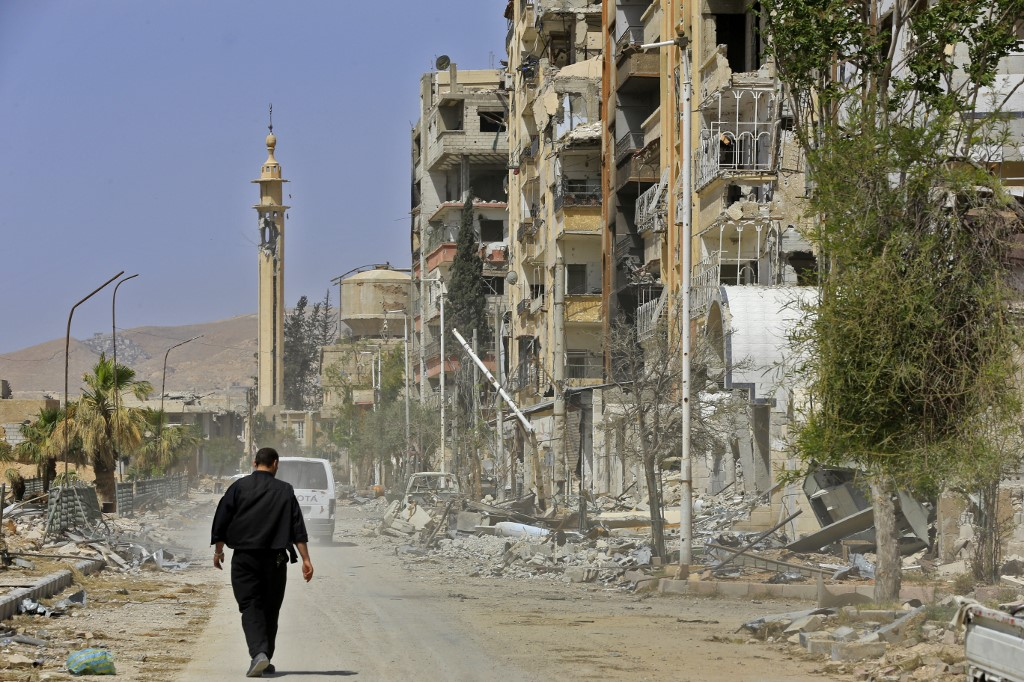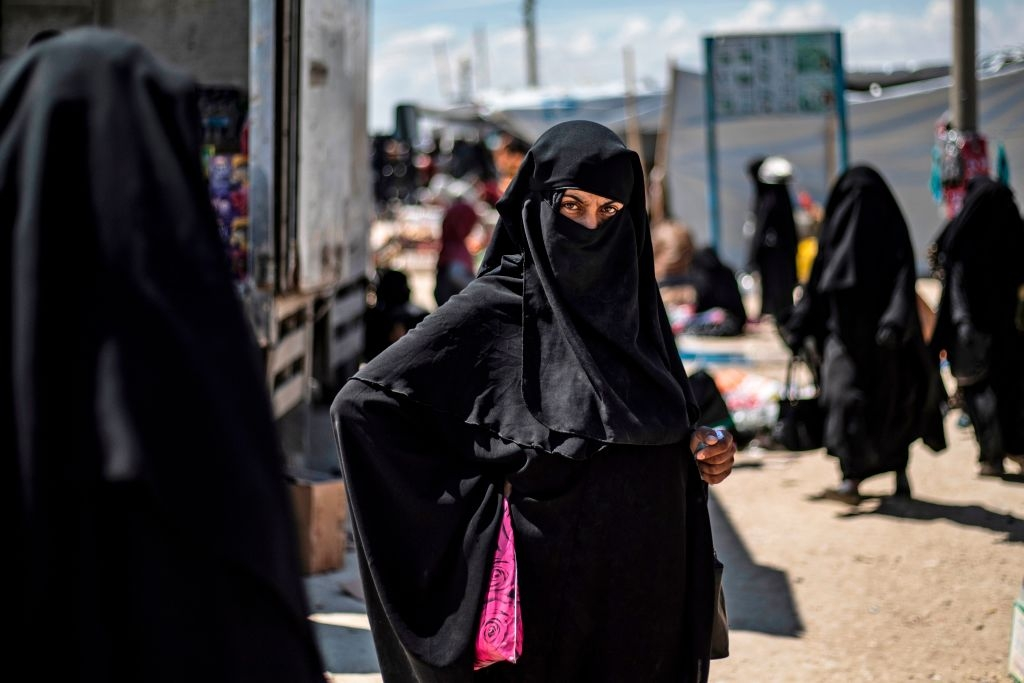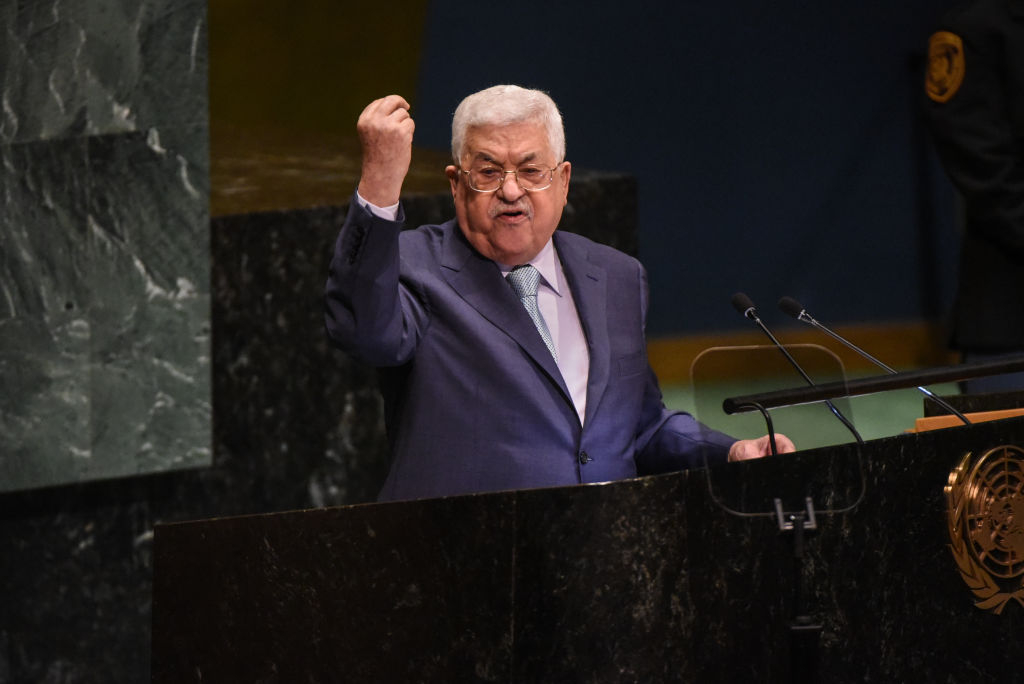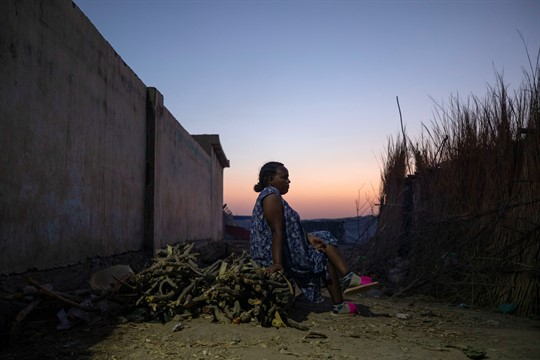Russian Reactions To China-Iran Agreement
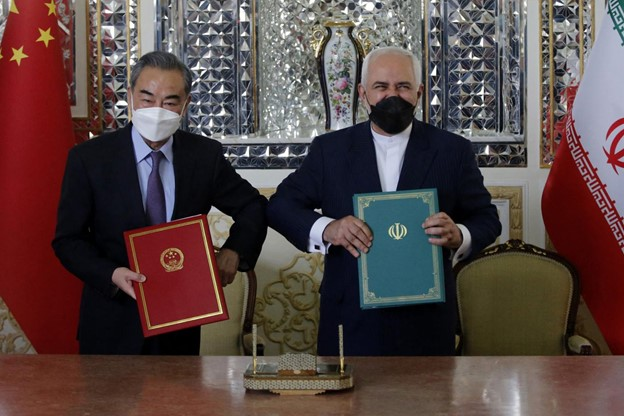
On March 27, 2021, China and Iran signed a 25-year cooperation agreement valued at 400 billion USD and integrating Iran into the Chinese Belt and Road Initiative.[1] For Russia, the agreement was received on two levels. On one level, Russia, which has been on the receiving end of Western sanctions viewed the agreement as a blow to the sanctions policy and therefore as a positive. On a different level, the Sino-Iranian agreement, coupled with recent activity by Chinese Foreign Minister Wang Yi in the region that included visits to Saudi Arabia, Turkey, the UAE, Bahrain, and Oman raised the question of Chinese competition for Russia. Russian Foreign Minister Sergei Lavrov was queried about this issue in a press conference at the Valdai Discussion Club think tank. Lavrov welcomed “honest competition”.

